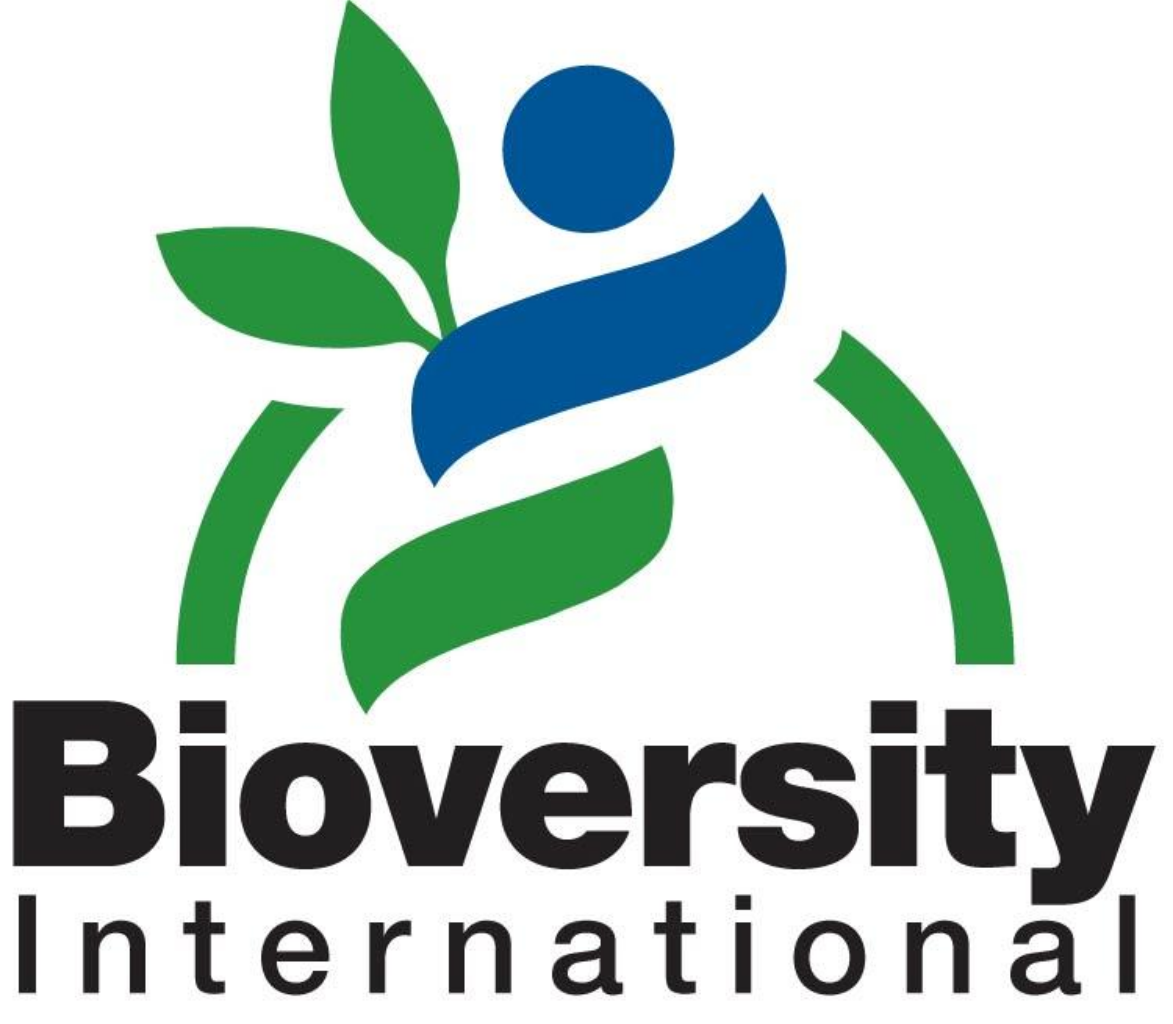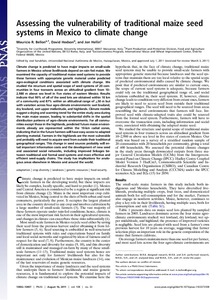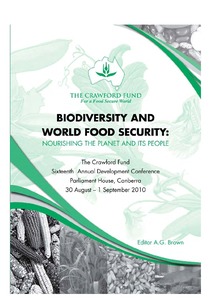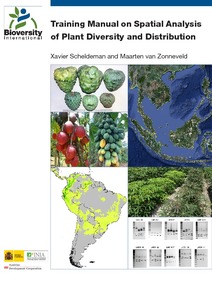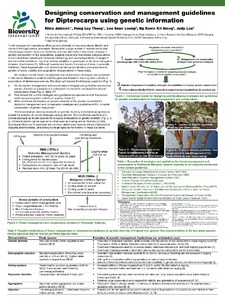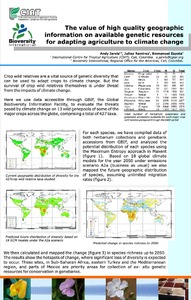Location
Bioversity International is a global research-for-development organization. We have a vision – that agricultural biodiversity nourishes people and sustains the planet.
We deliver scientific evidence, management practices and policy options to use and safeguard agricultural and tree biodiversity to attain sustainable global food and nutrition security.
We work with partners in low-income countries in different regions where agricultural and tree biodiversity can contribute to improved nutrition, resilience, productivity and climate change adaptation.
Members:
Resources
Displaying 166 - 170 of 184Assessing the vulnerability of traditional maize seed systems in Mexico to climate change
Climate change is predicted to have major impacts on small-scale farmers in Mexico whose livelihoods depend on rain-fed maize. We examined the capacity of traditional maize seed systems to provide these farmers with appropriate genetic material under predicted agro-ecological conditions associated with climate change. We studied the structure and spatial scope of seed systems of 20 communities in four transects across an altitudinal gradient from 10–2,980 m above sea level in five states of eastern Mexico.
Training manual on spatial analysis of plant diversity and distribution
This training manual is intended for scientists and students who work with biodiversity data and are interested in developing skills to effectively carry out spatial analysis based on (free) GIS applications with a focus on diversity and ecological analyses.
These analyses offer a better understanding of spatial patterns of plant diversity and distribution, helping to improve conservation efforts. The training manual focuses on plants of interest for improving livelihoods (e.g. crops, trees and crop wild relatives) and/or those which are endangered.

